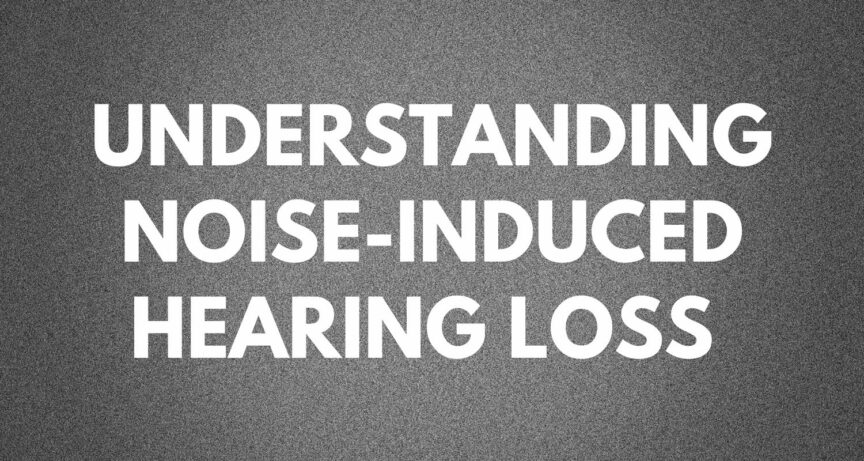
Understanding Noise-Induced Hearing Loss
Loud noise is a common cause of hearing loss, the third most pervasive medical condition people live with today. Over 48 million people have impaired hearing, a number that is expected to grow exponentially. Fortunately, unlike other types of hearing loss, noise-induced hearing loss is completely preventable. Learning about this type of hearing loss and practicing safety measures can significantly protect your hearing health.
Noise-Induced Hearing Loss
One-time or consistent exposure to loud noise can damage the auditory system – the sensory system for hearing. Loud noise can impair the hair cells in the inner ear which play an integral role in how we process sound. These sensory cells help convert incoming sound waves into electrical signals that get carried to the brain. The brain is then able to further process and assign meaning to these signals, allowing us to understand what we hear. Loud noise can desensitize these hair cells, making them increasingly vulnerable to dying. This prevents them from performing their essential function. The brain then receives less auditory information and is left struggling to hear and process sound, producing a hearing loss.
Unlike other types of cells we have (skin cells for example), hair cells in the inner ear do not regenerate. Humans are born with all the hair cells we will ever have – over 10,000 in each ear. These cells are delicate and can easily be impacted by the impact of loud noise. There are no medical interventions or ways hair cells in the inner ear can be replenished or corrected if impaired. This means that any damage they experience is permanent and results in chronic hearing loss.
How Loud is Too Loud?
You may be thinking that sound has to be on the level of fireworks to damage hearing but we are exposed to everyday noises that can be harmful. Sound is measured in units known as decibels and noise above 85dB can damage hearing health. This is the equivalent of busy city traffic, loud noise at a busy restaurant, and a hairdryer. Experts suggest that we can listen to 85dB for 8 hours a day without impacting our hearing but exceeding this safety threshold requires drastically reducing your exposure time.
The Occupational Health and Safety Administration (OHSA) recommends reducing exposure time by half for every 3-decibel increase of noise after 85dB. Their guidelines for safe listening include:
- 85dB: 8 hours
- 88dB: 4 hours
- 91dB: 2 hours
- 94dB: 30min
Going beyond these time limits for higher levels of sound can damage hearing and contribute to hearing loss.
Tips to Protect Hearing Health
Noise-induced hearing loss is 100% avoidable. There are safety measures you can put in place to protect your hearing health. This includes:
- Measuring decibels: you can measure noise levels in your environment by downloading an app. This identifies the sound in decibels you are exposed to which then allows you to adjust your exposure time accordingly.
- Wearing hearing protection: there are various types of hearing protection that offer a protective barrier for your ears, reducing the amount of loud noise that you absorb. Hearing protection includes earbuds, headphones, and earmuffs which are all portable. Carrying earbuds allows you to access them easily when moving through a louder environment.
- Reducing exposure: in addition to wearing hearing protection, there are other ways you can reduce your exposure to loud noise. This includes avoiding loud environments – especially during peak hours, opting for quieter settings, maintaining lower volume settings on electronic devices, and investing in noise-canceling headphones which are designed to reduce background noise.
- Taking listening breaks: your ears and brain are constantly absorbing and processing sound. Taking short listening breaks throughout the day where there are no loud sources of sound can provide time to rest and recuperate.
- Having your hearing tested: be sure to have your hearing tested regularly. Hearing tests involve a painless process that measures hearing capacity in each ear. This identifies any hearing loss and informs effective treatment options.
These strategies can help you prevent experiencing noise-induced hearing loss. Contact us today to schedule an appointment for a hearing consultation. Our practice offers comprehensive testing and support that is invested in achieving optimal hearing health.
